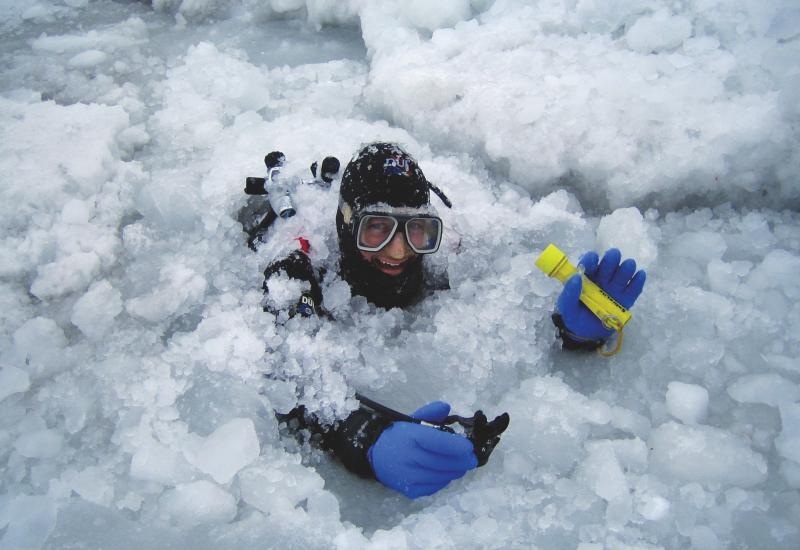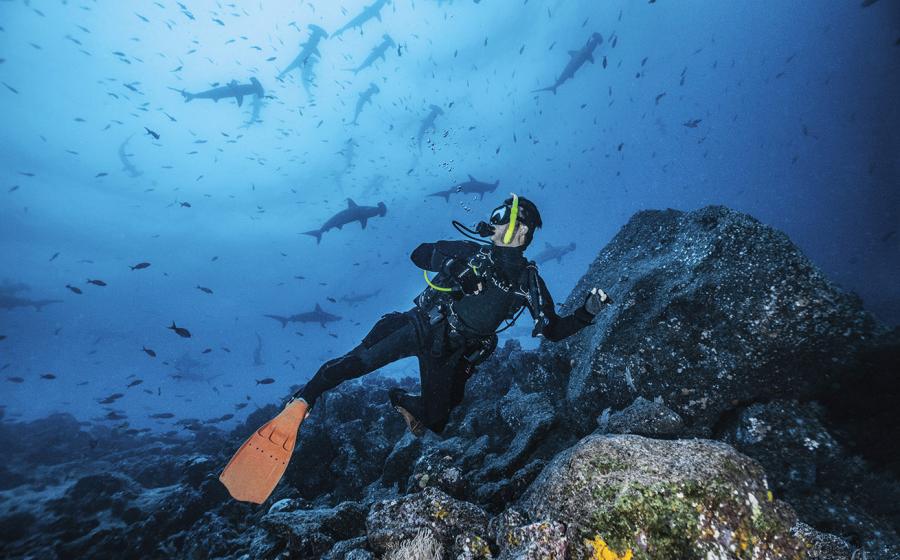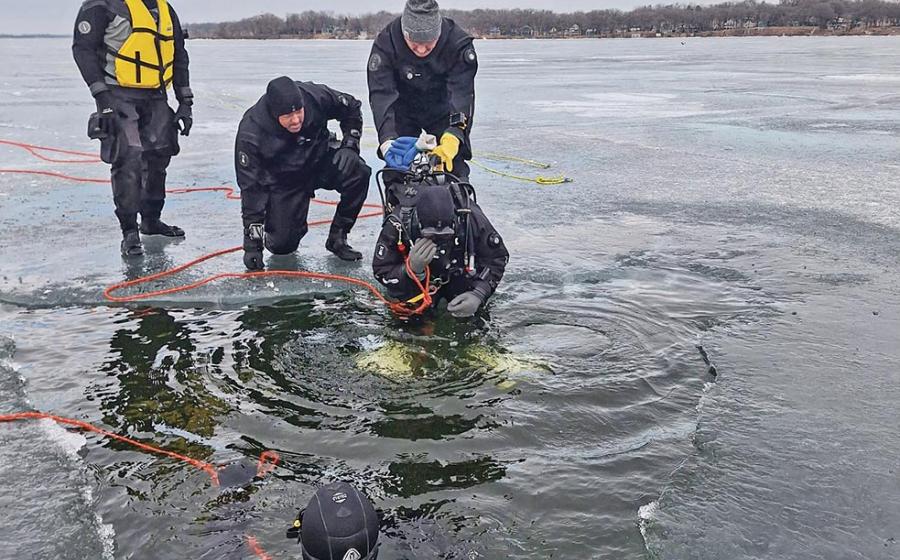How Your Fitness Impacts Diving

Shutterstock/Song_about_summer
Like many others, increasing my fitness is one of my resolutions this year. This goal is partly motivated by the desire to look good, but more importantly, I want to ensure I am physically prepared to handle my most strenuous dives. Even if you are going for a relaxing dive on vacation, being physically fit is important when you need to swim back to the boat and climb the ladder in choppy conditions. Although diving can be an effortless activity, when problems arise, your efforts in the gym could save your life.
Cardio Is Key
One out of three fatalities in diving can be attributed to a cardiovascular event. Although diving is typically relaxing, multiple factors, such as immersion, cold, pressure changes and exercise collectively stress your heart and circulatory system. These stressors can trigger abnormal heart rhythms known as arrhythmias or even a heart attack leading to sudden cardiac death (SCD) in individuals with predisposing factors.
Related Reading: How to Manage Your Diving Task Load
If you have medical conditions such as high blood pressure (hypertension), high cholesterol (hyperlipidemia), obesity or metabolic syndromes, consider discussing with a healthcare provider the potential risks that may come with strenuous activity.
DAN provides many resources, such as the book The Heart & Diving and the Diver Medical Participant Questionnaire, that can help you make an informed decision with your healthcare provider.
As for improving your cardiovascular fitness, the U.S. Centers for Disease Control and Prevention (CDC) states that healthy adults should engage in at least 150 minutes of moderate to intense physical activity each week in addition to regular strength training. However, any level of physical activity is better than none!
Moderate activity can be defined as a rating of perceived exertion (RPE) of 3/10 to 4/10. This includes brisk walking (>2.5 mph), doubles tennis, active forms of yoga or biking slower than 10 mph. Vigorous activities typically have an RPE between 5/10 and 7/10 and can include jogging/running, singles tennis, exercise classes or biking faster than 10 mph. If you prefer a more quantitative metric, heart rate can be used as a good measure. Heart rate ranges for moderate and vigorous activities are between 65 to 75 percent and 76 to 95 percent of your max heart rate (Max Heart Rate = 220 – Age).
Improving upper body strength allows us to climb up a dive ladder and carry tanks around with greater ease.
Scuba Strong
While cardiovascular fitness tends to get most of the focus, we should not forget the importance of strength training. Strength training not only increases how much weight you can lift but also improves bone density, sleep quality, mood and more. These benefits explain why research has found strength as an independent factor in reducing all-cause mortality!
Statistics aside, as divers we are familiar with how heavy some of our equipment can be. Improving upper body strength allows us to climb up a dive ladder and carry tanks around with greater ease. A stronger core improves our stability underwater, while strong legs can lead to a more efficient kick and a lower likelihood of falls and injury.
The CDC recommends that adults incorporate at least two days of strength training that focuses on all major muscle groups (legs, hips, back, abdomen, chest, shoulders and arms) in addition to the 150 minutes of aerobic exercise. While lifting heavy weights at the gym may be intimidating for first-timers, there are many other ways to get into strength training.
Related Reading: How Scuba Diving Affects Your Breathing
Bodyweight exercises such as squats, pushups, pullups and planks cover all major muscle groups and require minimal equipment. Gyms frequently host classes for those who want a little more support. If you want the best of individualized plans, working with a personal trainer could boost your progress.
While this year’s resolutions may come and pass, your health is an asset that will always be with you. Invest in and maintain it because it’s the most important dive gear you have!










